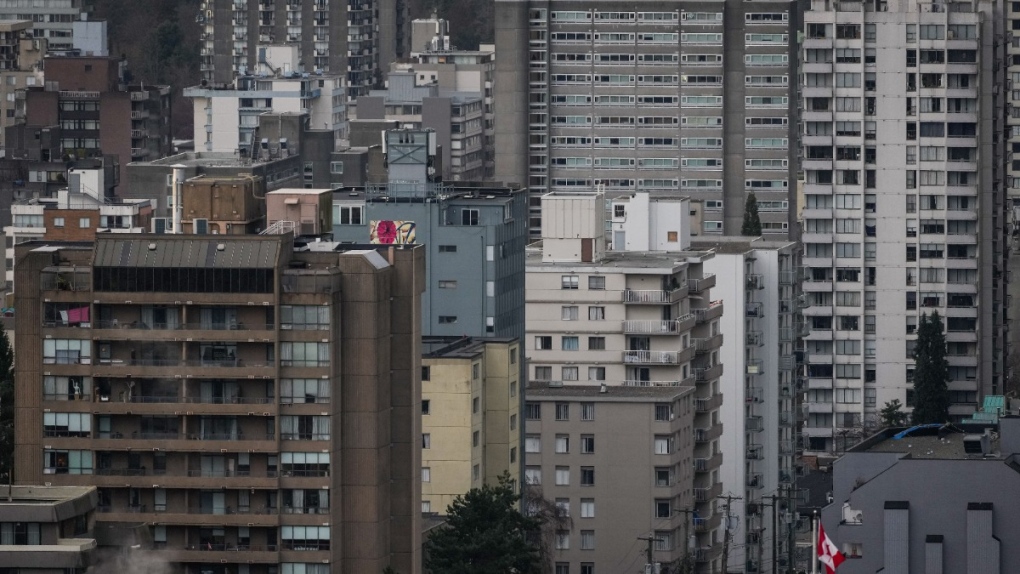
Mismatch between minimum wage and income required to rent average apartment: report
CTV
No one earning minimum wage was able to rent out an average apartment last year without spending more than one-third of their income on housing, a recent report has found.
No one earning minimum wage was able to rent out an average apartment last year without spending more than one-third of their income on housing, a recent report has found.
The Canadian Centre for Policy Alternatives released a study on July 18 that says the rental wage – defined as the hourly wage needed so tenants spend no more than 30 per cent of their pre-tax earnings on rent while working a standard 40-hour week – was "considerably" higher than the minimum wage in each province as of October 2022.
The analysis included one- and two-bedroom rentals, which make up 33 and 50 per cent of all units, respectively, the report says.
The study's authors, senior economist David Macdonald and political economist Ricardo Tranjan, write that even in provinces with the highest minimum wages — B.C., Ontario and Alberta — this has not translated into better living conditions because "landlords capture a larger share of those wages through high rents."
"The wage increases that people fought so hard for should improve the material conditions of working families, not go back into the pockets of the property-owning class," the report says.
The study says minimum-wage earners in most Canadian cities "are likely spending too much on rent, living in units that are too small, or, in many cases, both."
The largest gaps between the minimum wage and rental wage required for an average one-bedroom apartment were found in Vancouver and Toronto.

 Run 3 Space | Play Space Running Game
Run 3 Space | Play Space Running Game Traffic Jam 3D | Online Racing Game
Traffic Jam 3D | Online Racing Game Duck Hunt | Play Old Classic Game
Duck Hunt | Play Old Classic Game